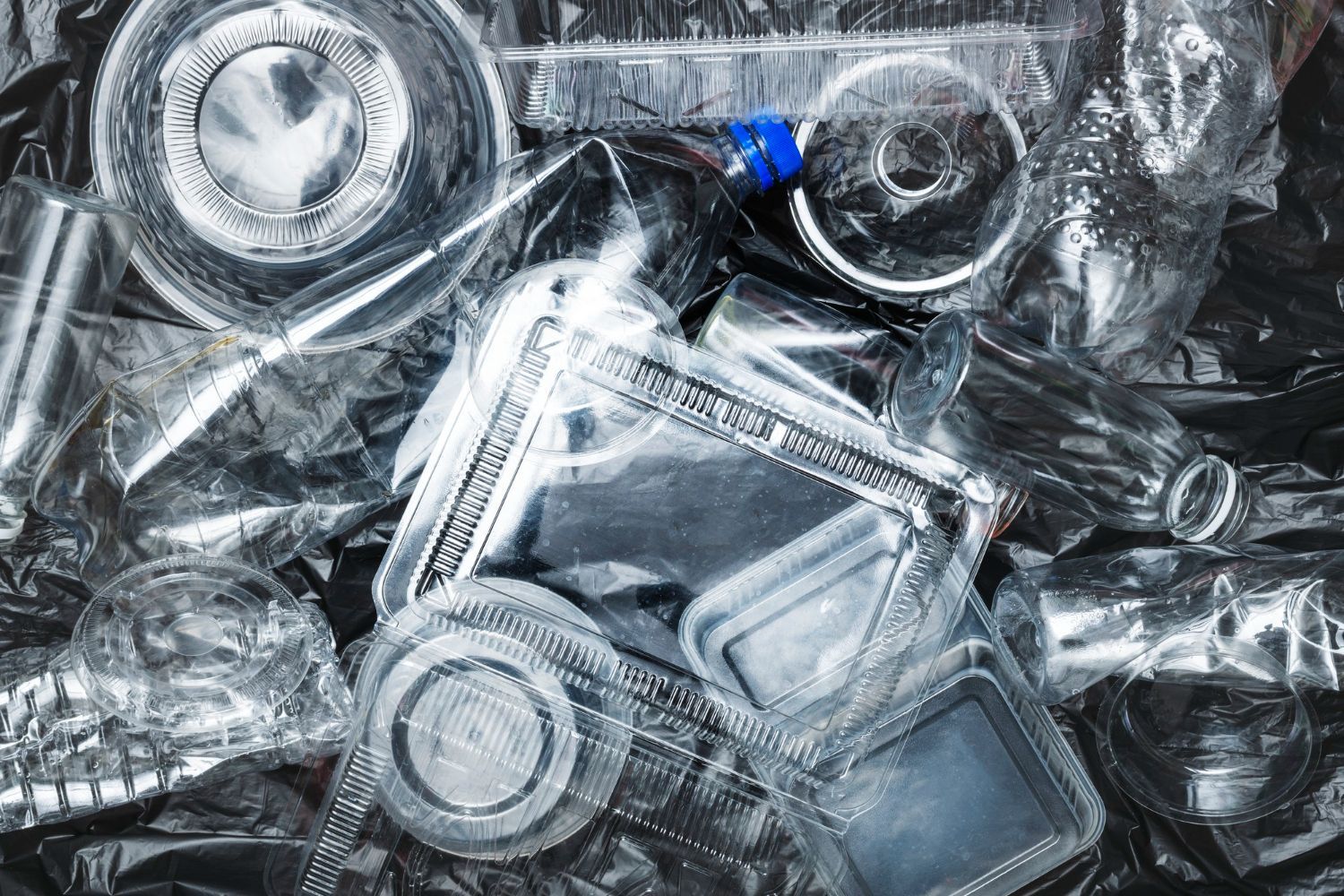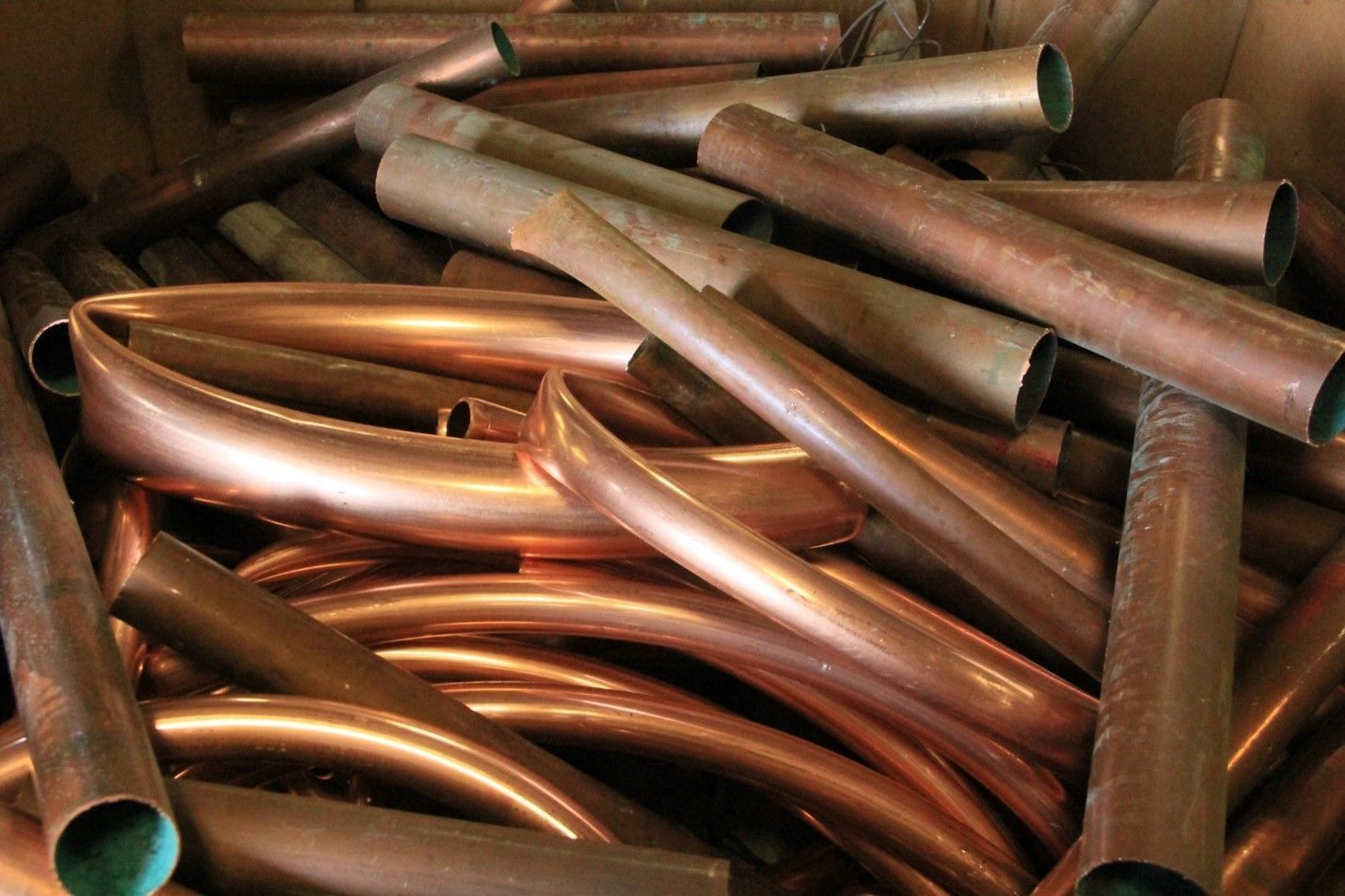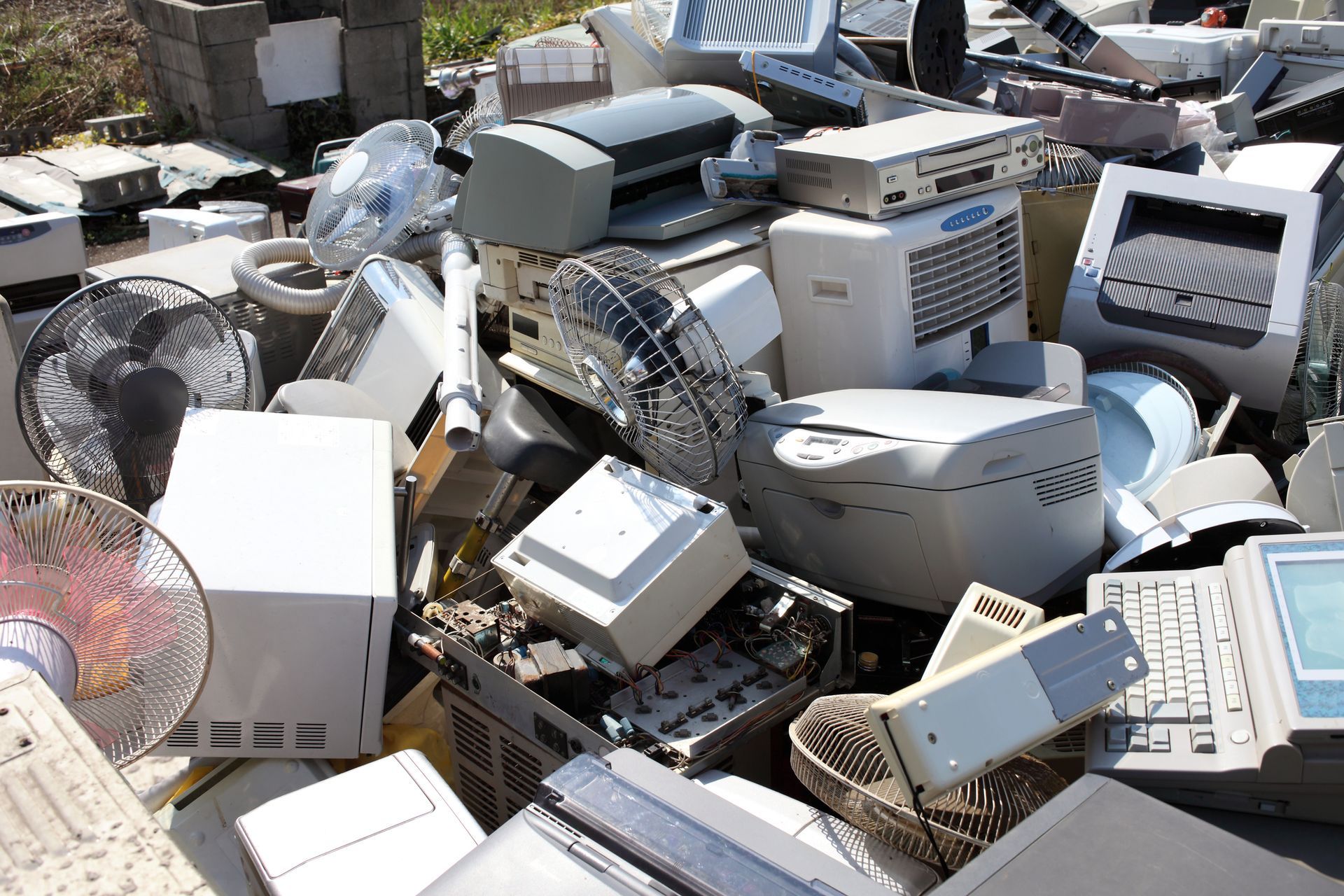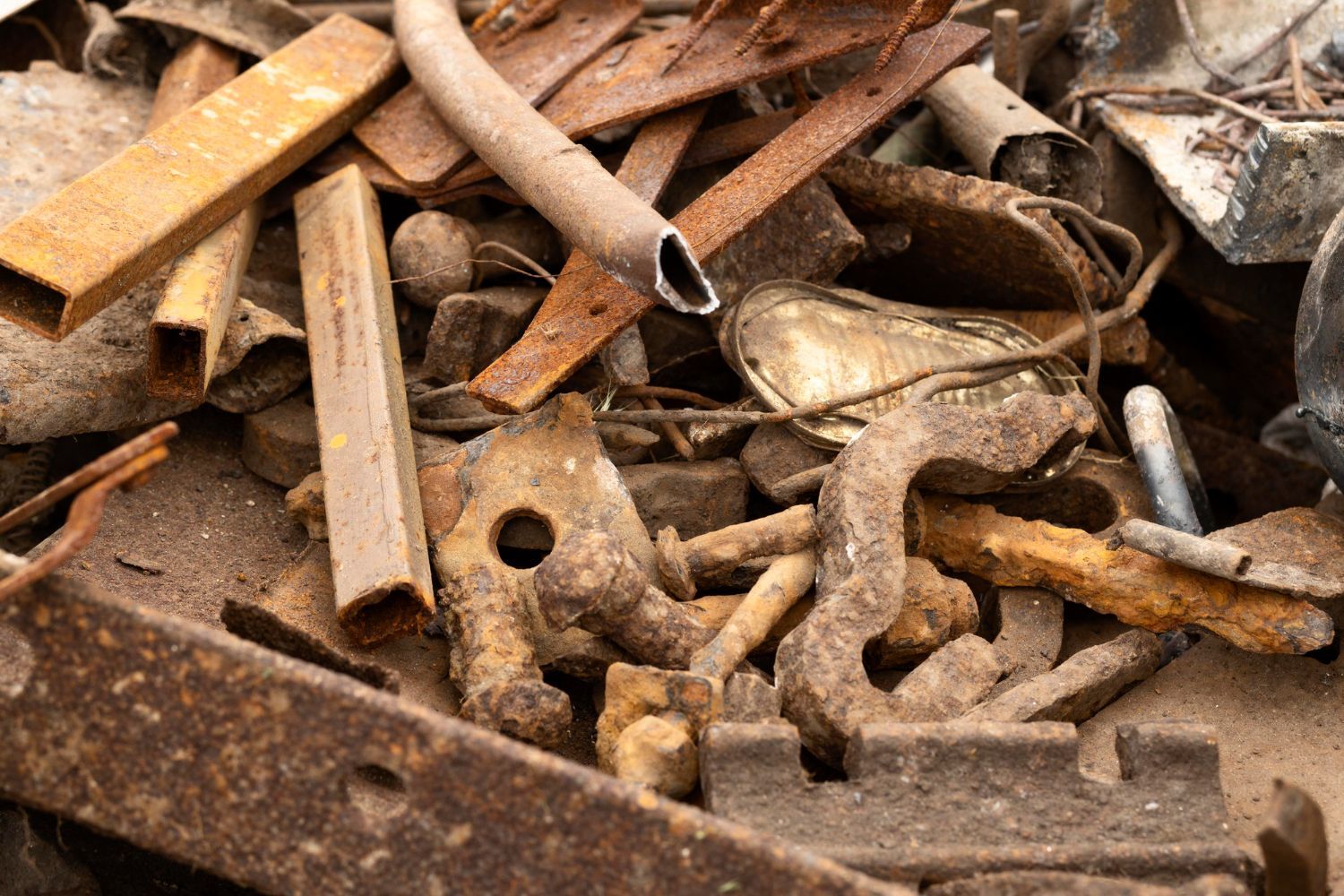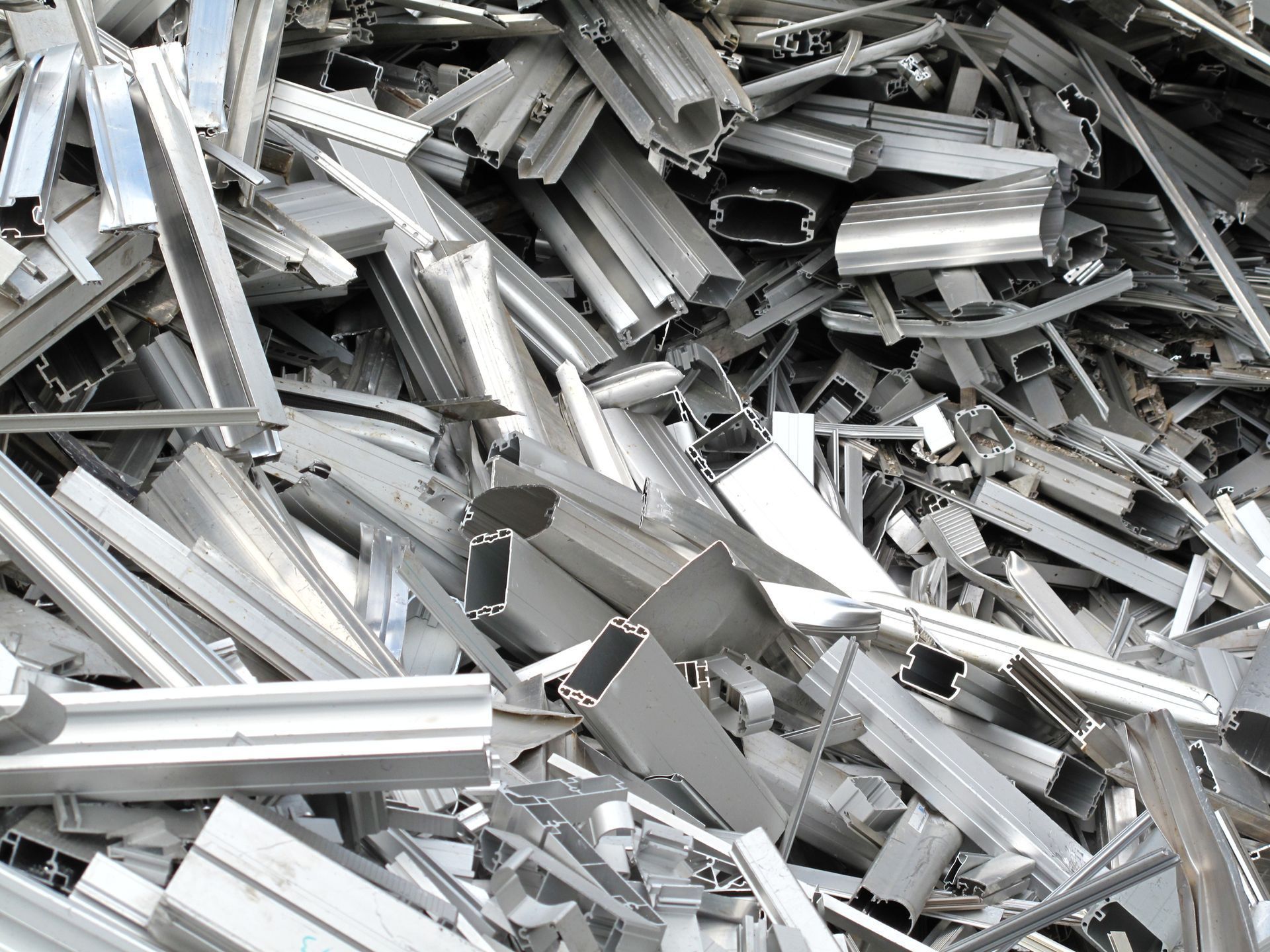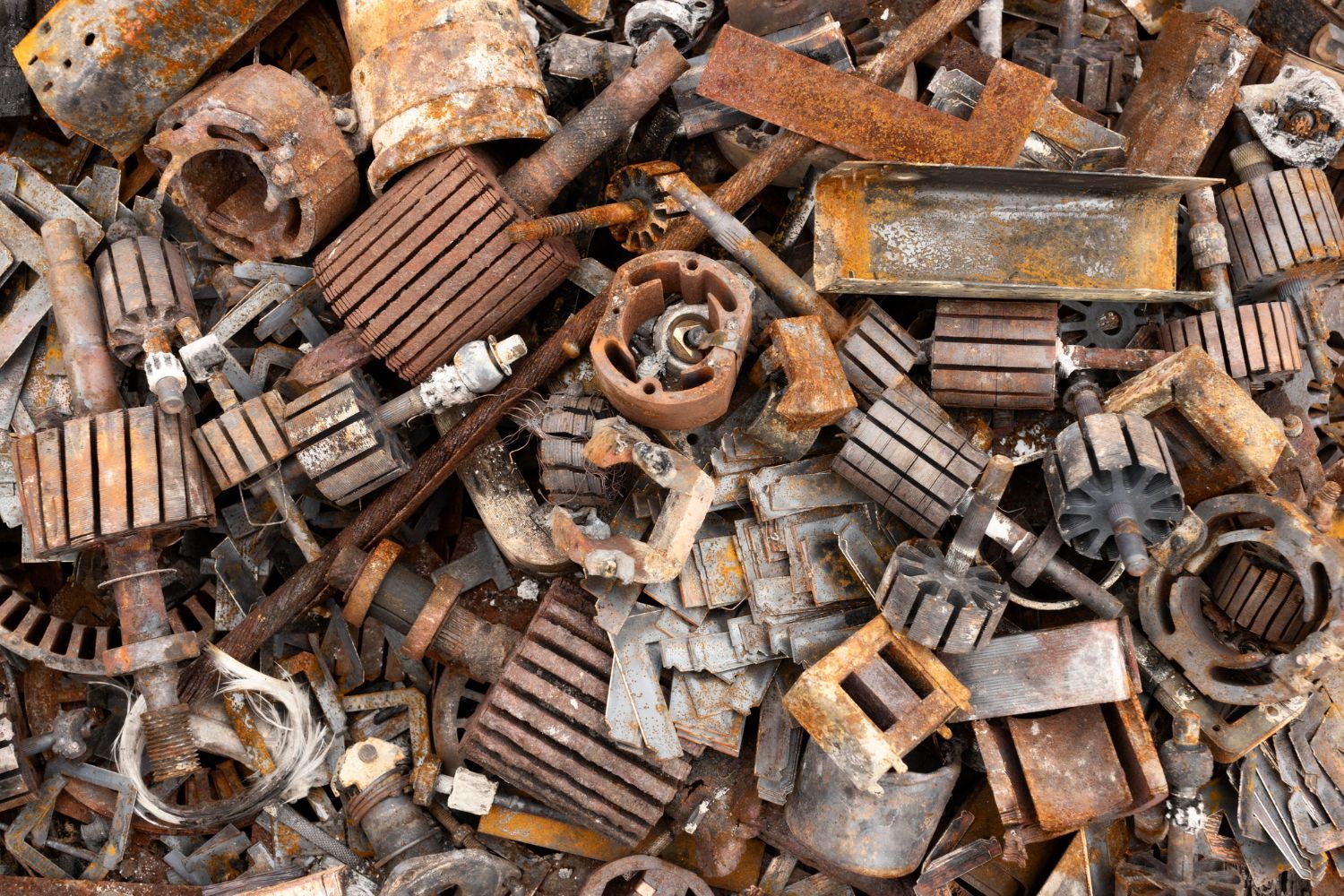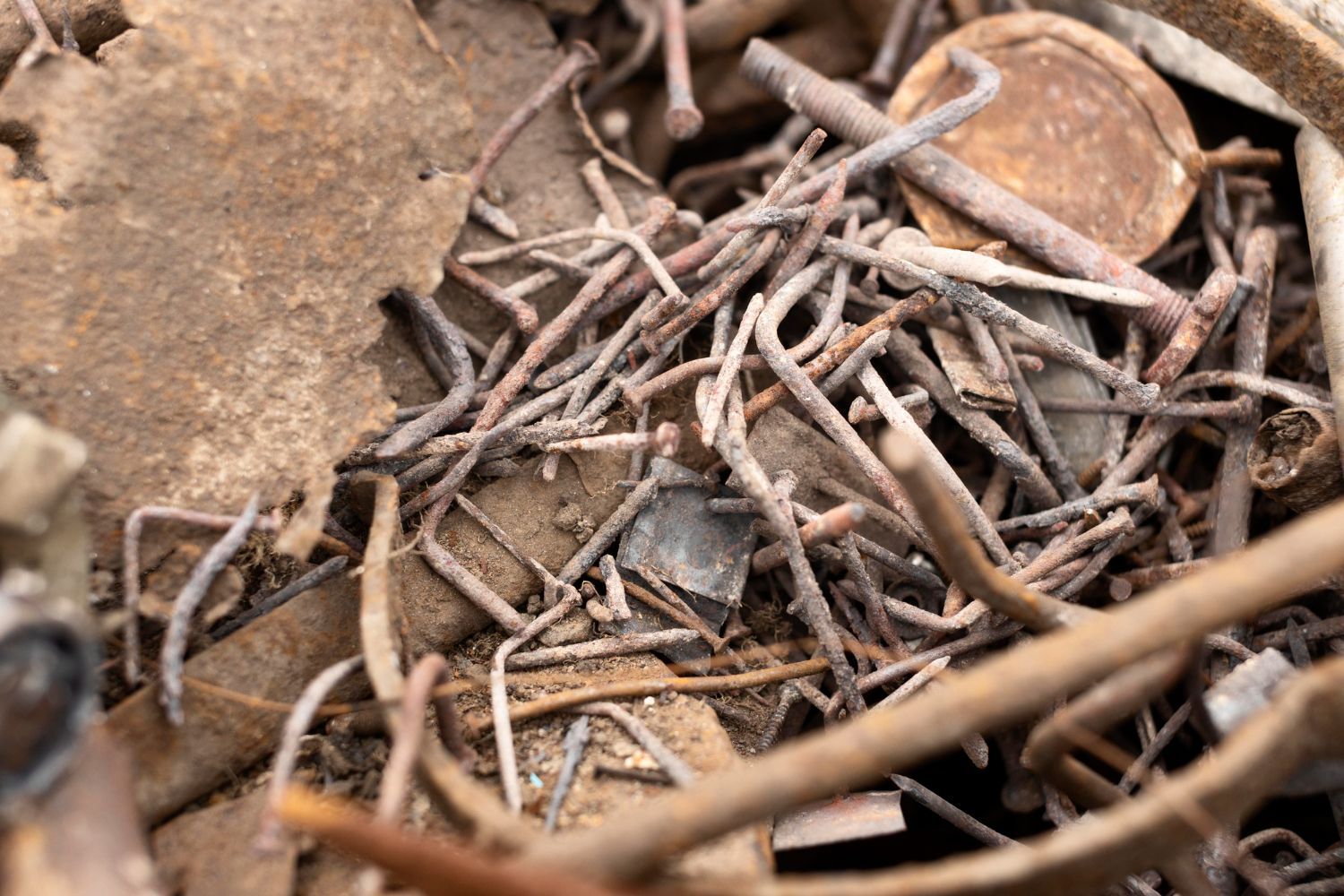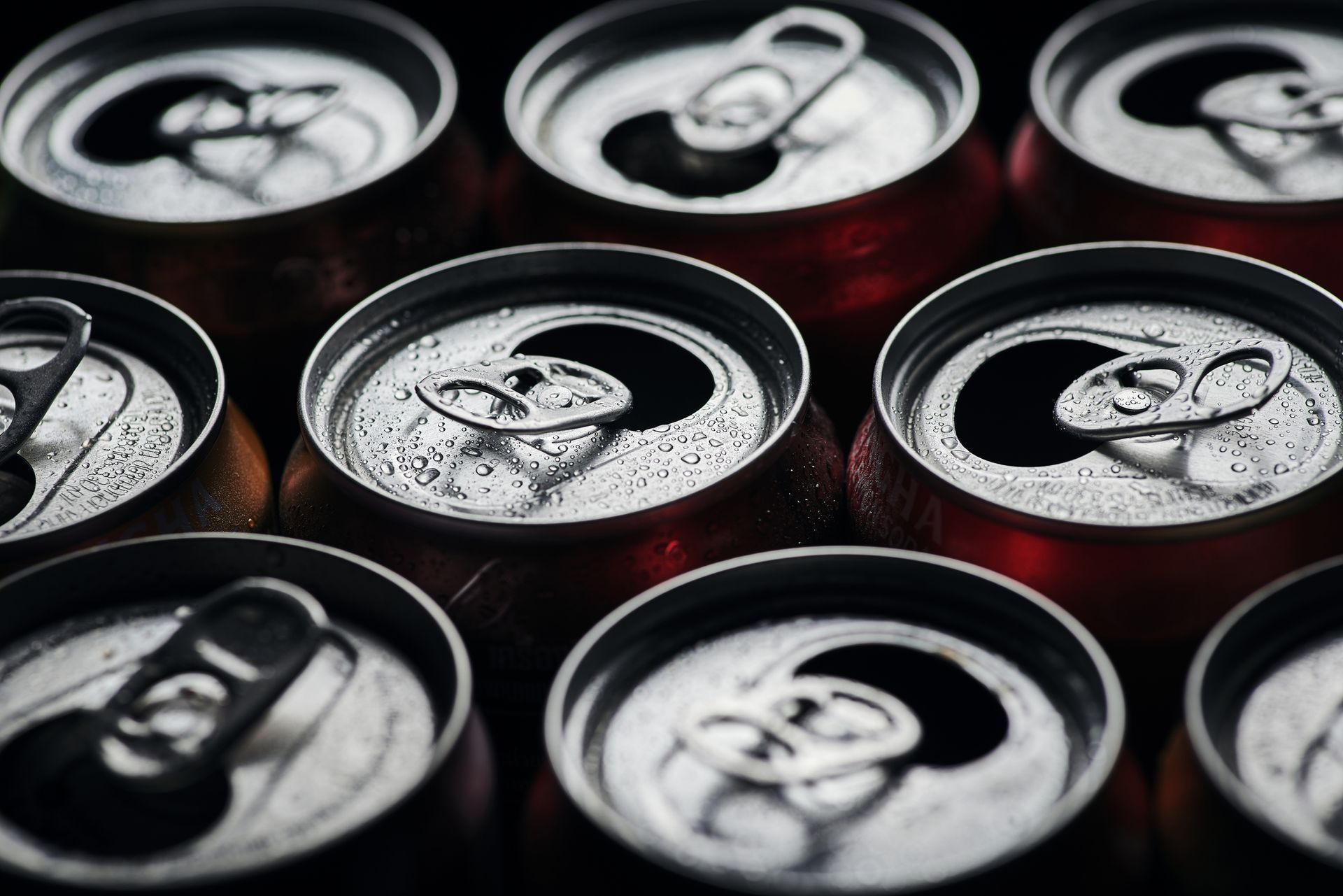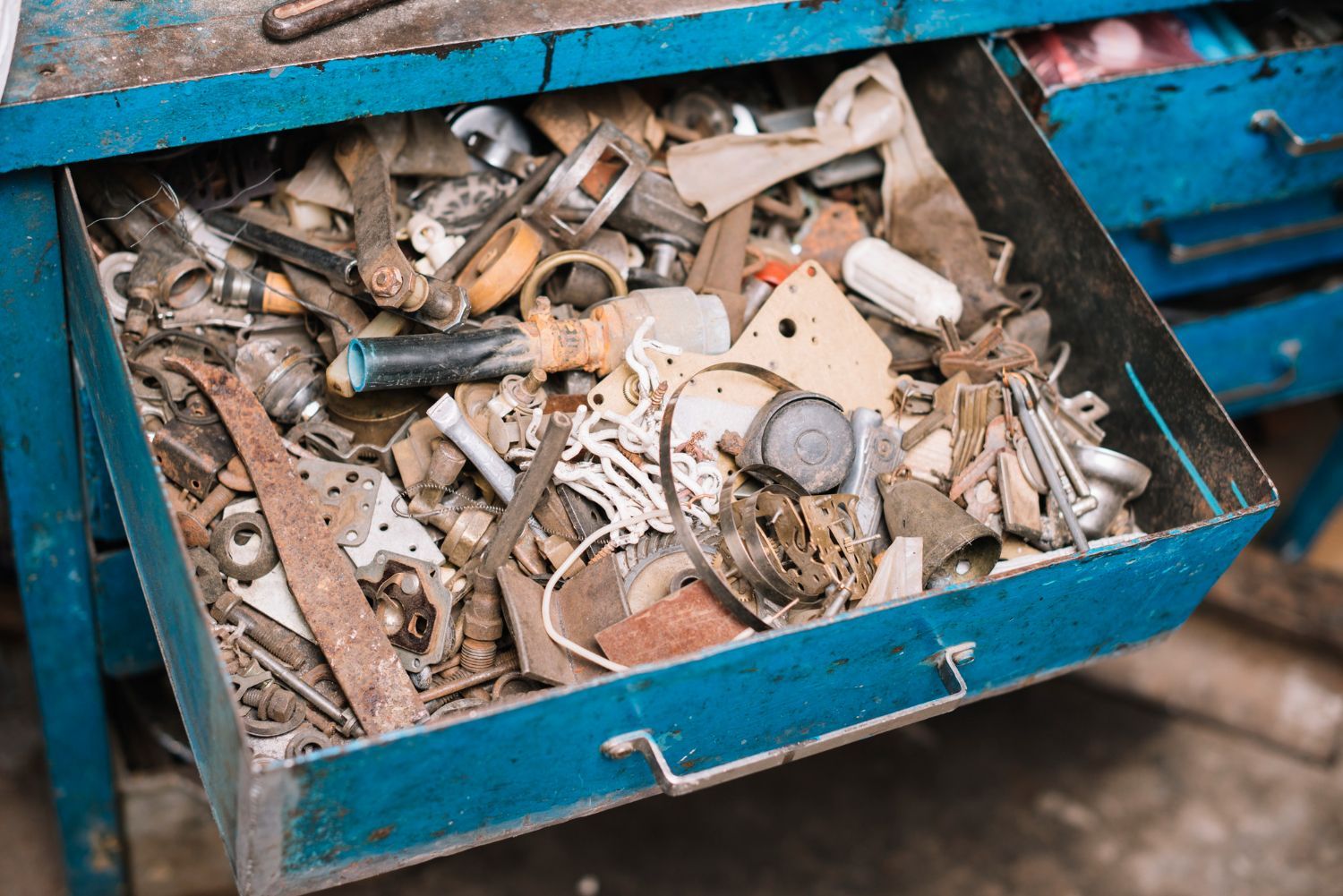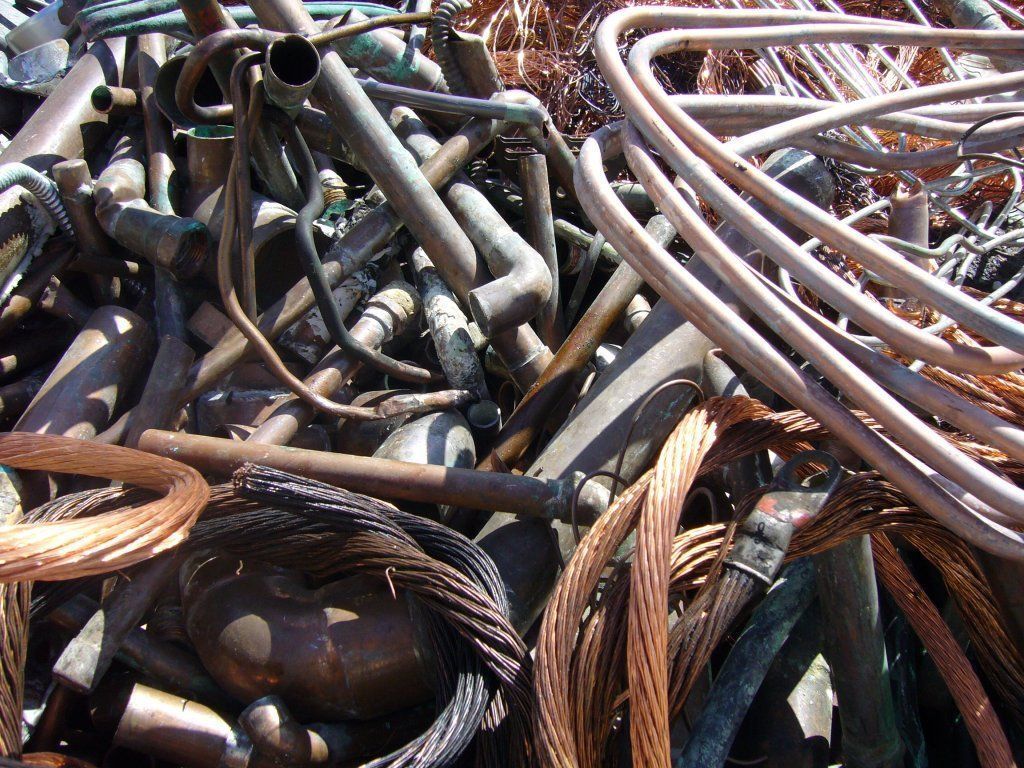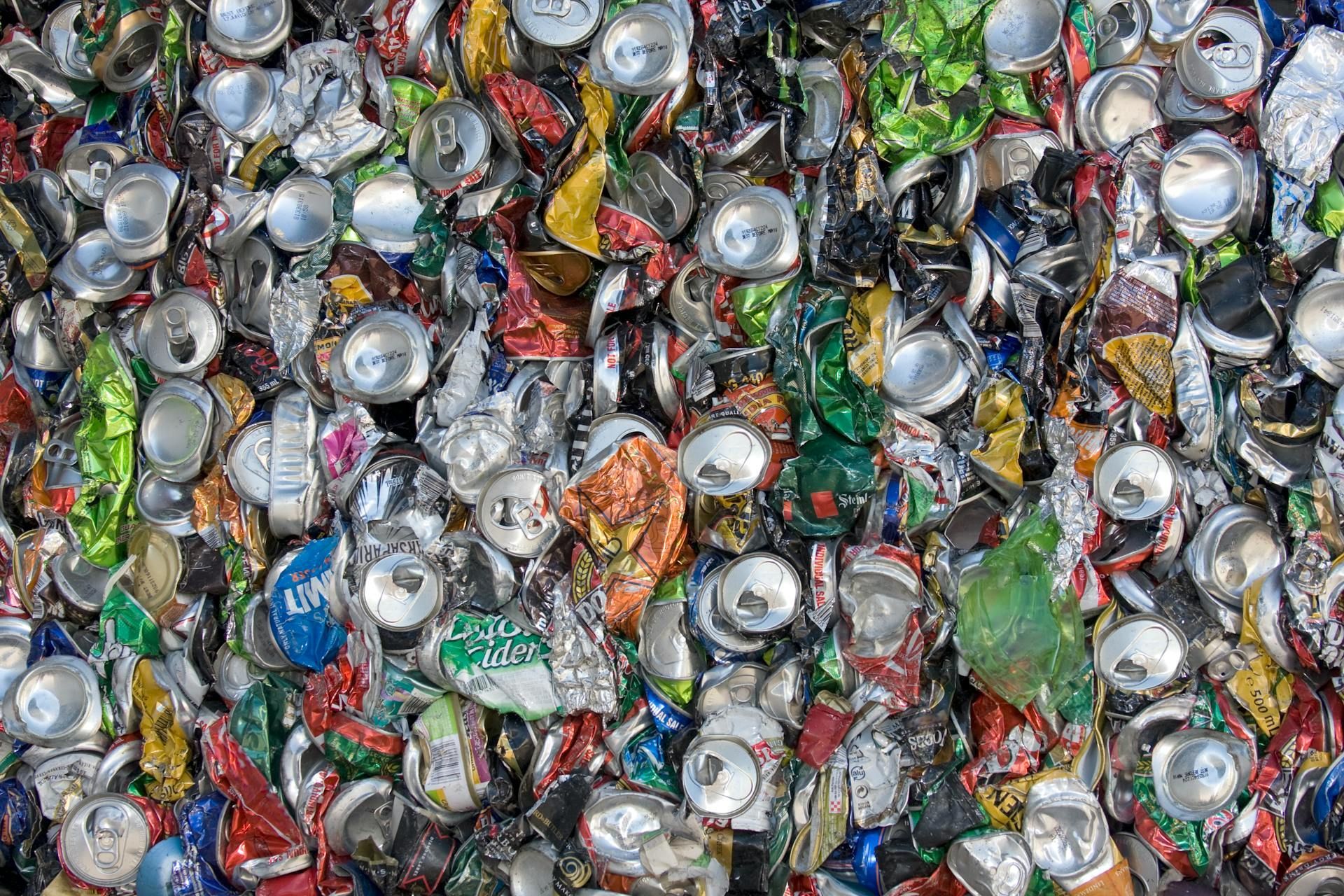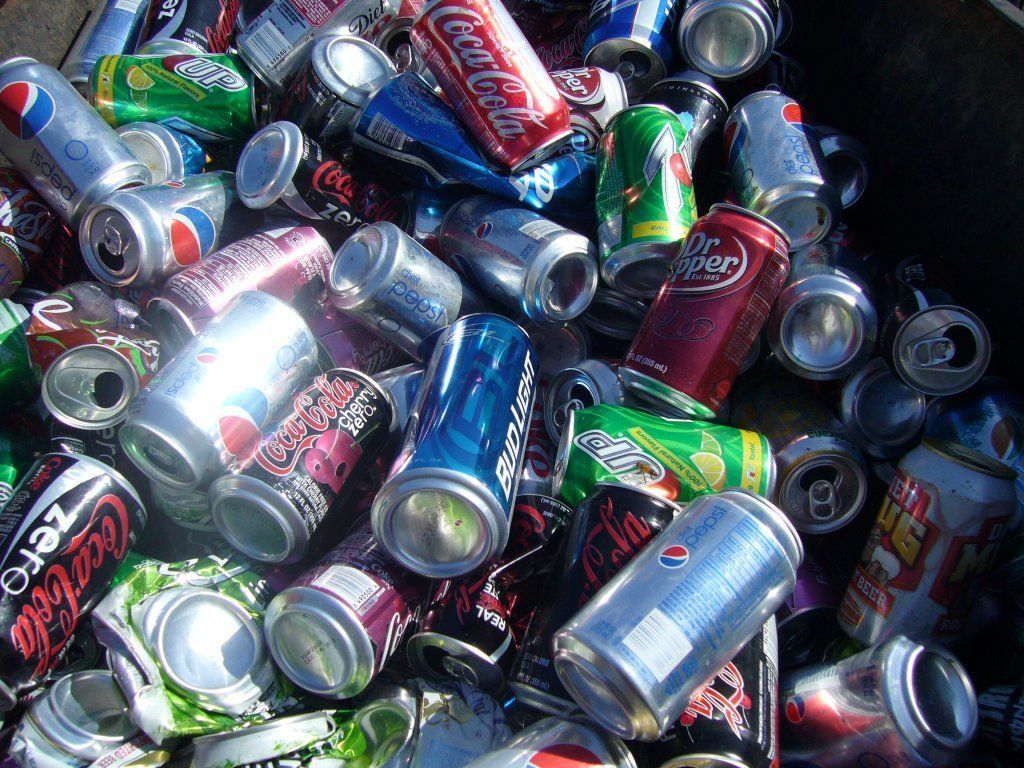3 Things You Need to Understand About Selling Scrap Metal
It's certainly possible for you to start collecting scrap metal and bringing it to a scrap metal recycling facility. To get started, you need to learn a few of the basics involved with scrap metal.
1. Types of Scrap Metal
There are various types of scrap metal out there, and not all of it is particularly valuable. The more common the metal, the less monetary value it will have. To start with, you can break most metals down into two broad categories: ferrous and nonferrous metals.
Ferrous Metals Are the Most Common Types
Ferrous metals contain iron. The most common types of ferrous metals include iron and steel but not stainless steel. You can find ferrous metals just about anywhere.
Because they're so common, they don't sell for much in small amounts. It's usually a good idea to collect as much ferrous metal as you can before attempting to sell it. The good news is that if you start to put real time and effort into scrap metal collection, you're going to come across literal tons of ferrous metal.
Nonferrous Metals Vary Widely in Price
Nonferrous metals don't contain iron. This category includes anything from aluminum to copper. You can usually sell smaller amounts of nonferrous metals and receive more money than you would for larger amounts of ferrous metals.
If you're not sure what kind of metal you have, use a magnet. Magnets don't stick to nonferrous metals. Keep your metals neatly separated to avoid accidentally giving away a rare metal for a common metal price. You should also note that different grades of stainless steel can fall into either category of metal.
2. Where You Can Find Scrap Metal
It's not always easy to find lots of scrap metal. You can casually find some here and there. However, if you're trying to make any real money from scrap metal, you may have to put in some work to find adequate amounts of scrap metal. Here are a few places you can try:
Search online classifieds for people giving away scrap or items that contain metal.
Offer to pick up scrap and metal debris for free or a fee.
Hit the streets and look for metal products that have been thrown out.
You can also go out to garage sales to see if you can find metal items for cheap.
You may have to employ a little creativity in your scrap collecting methods. Always keep your eye out for opportunities to collect metal. Keep in mind that all metal matters. Even if it's a handful of screws, you should pick them up and add them to the appropriate pile of your scrap metal collection.
3. How Scrap Metal Pricing Works
Scrap metal prices fluctuate constantly. Sometimes a particular metal becomes rare in a specific area, so the value of the dwindling metal will shoot up. Even some common metals that normally don't have a high value can have a season where they're suddenly a highly sought after resource.
You can also come across different scrap yards that pay out wildly different prices for the same metals. Some scrap yards have no interest in certain types of metals and will set prices accordingly.
It's a good idea to check on the current market value for different types of metals before you sell them. You can check online and call around to different scrap yards and recyclers in the area to see what they're offering for the types of metal you have.
Contact Bruce Metal & Salvage today to learn more about our scrap metal services. We service individual scrap metal collectors as well as full scrap metal businesses.




